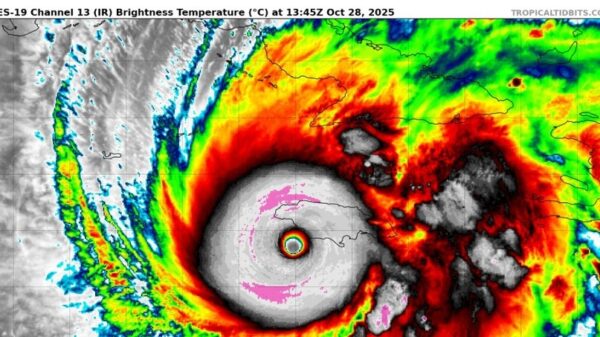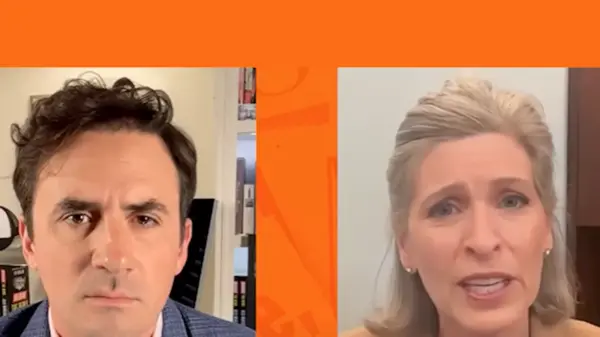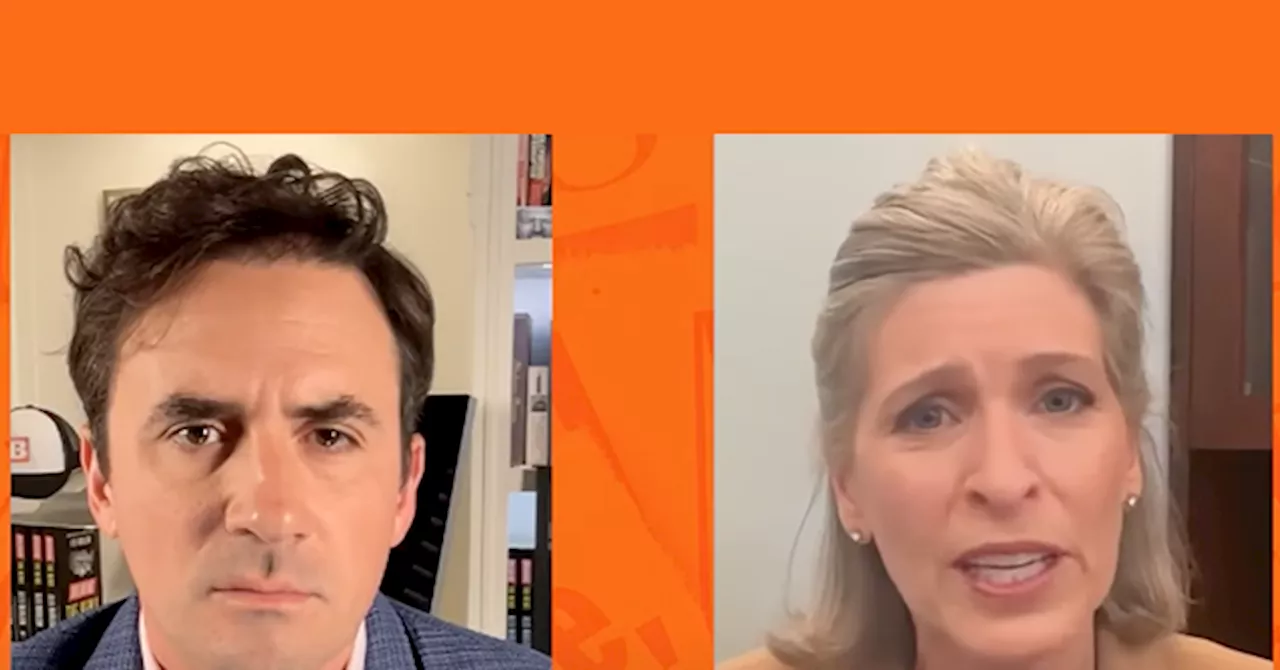Senator Joni Ernst has expressed concern over the billions of dollars that U.S. taxpayers are paying to non-essential federal workers who are currently not performing their duties. During an appearance on The Alex Marlow Show, Ernst highlighted that the financial burden has reached an alarming level, with taxpayers spending an estimated $8.8 billion on back pay for these furloughed employees.
The senator pointed out that while non-essential workers are not required to work, they are still entitled to back pay. Ernst noted that this amounts to approximately $400 million every single workday. “Which means at this point, today, we are $8.8 billion into a payment from our taxpayers to people who have not been working,” she stated, underscoring the increasing financial strain on the government.
Ernst’s comments come amid ongoing discussions regarding the federal workforce and government spending. The senator criticized the situation, emphasizing the lack of productivity despite the substantial financial outlay. She indicated that around 750,000 federal employees are affected, raising questions about the efficiency of government operations.
The conversation on The Alex Marlow Show, produced by Breitbart News and the Salem Podcast Network, has brought these issues to light, prompting further debates on federal spending priorities. As taxpayers continue to shoulder the costs, the implications of such expenditures on public services and government accountability remain a critical topic of discussion.
In recent statements, Ernst has also explored legislative options aimed at addressing the challenges posed by unused government properties. Her efforts to propose solutions reflect a broader sentiment among lawmakers about the need to reassess federal spending and workforce management.
The issue of furloughed workers and their compensation has received mixed reactions, with conflicting information emerging from various sources, including the White House and employee unions. As this situation evolves, the focus remains on finding a balance between fiscal responsibility and employee rights.
Ernst’s remarks serve as a call to action for policymakers to consider the long-term implications of current spending practices. With taxpayers increasingly aware of how their money is being utilized, the dialogue surrounding government efficiency and accountability is more important than ever.






































































